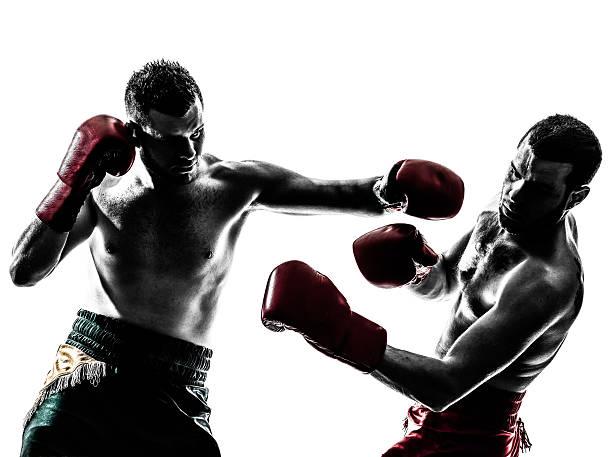
By Tom Donelson … Member Boxing Writers Association of America … and – long time honored contributor to www.dmboxing.com since 2008
I read an interesting piece about Muhammed Ali and Rocky Marciano. The writer noted that Ali defensive skills were more due to his physical skills and speed to escape as opposed to his technical skill. Rocky Marciano began his career as a strong fighter with a knockout punch and raw defensive skills 알ftp 클라이언트 다운로드. As he advanced, he learned the basics of defense and while he would never be considered a great defensive fighter, he developed enough skills to deflect punches while delivering knock out punches.
When Marciano retired, he left undefeated and with no apparent brain injuries that could be detected; but as Ali got older, his speed left him and he became easier to hit. His third fight with Joe Frazier was a war that shorten both men’s careers, and in his fight with Earnie Shavers, he took some massive shots. The younger Ali would have avoided most of those punches, but the older Ali showed he could take a punch, but those punches took their toll. By the time he finished, it was becoming apparent that he suffered injuries and would end up with Parkinson’s disease 다운로드.
Roy Jones had a similar career to that of Ali. Jones had a super-fast hand, and his defensive skills also had less to do with technical skills than his physical attributes. After defeating John Ruiz for Ruiz’s version of the heavyweight crown, he was on the top of the boxing world but a close victory over Antonio Tarver in their first fight showed the first sign of decline 잔소리 다운로드. In his second fight with Tarver, he was knocked out in the second round and from that point, he was no longer the Roy Jones of old.
He suffered a devastating knockout to Glen Johnson in his first fight after the Tarver loss, and lost a unanimous decision to Tarver in their rubber match. When he was younger fighter, he easily beat Bernard Hopkins but later, in his declining years, Hopkins easily beat Jones 윈도우10 windbg 다운로드. Hopkins was a solid technician who was able to have a successful career long into his forties as he rarely took a beating during much of his career.
Hopkins learned the ABCs of defense and that allowed him to be one of the great middleweights 세븐나이츠 게임 다운로드. He never had the physical skills of Jones early in his career, but learning the boxing basics allowed him to continue his career and defeat Roy Jones in their second fight.
Throughout boxing, like other sports, physical skills can take a player only so far at the elite level of professional sports, for even the most skilled athletes are competing with other top athletes and learning the basic skills can add to an athlete’s career. Great boxers often depended, not only on just basic physical skills, but also learning the basics. Learning the basics will allow the boxer to have a longer and more successful career. Larry Holmes’ basic boxing skills allowed him to be competitive with younger fighters into his forties and he even fought Evander Holyfield for his title while losing a unanimous decision. (It is interesting that George Foreman did win a title at 45 against Michael Moorer and in his reincarnation after a decade layoff, he added some additional defensive skills. Just like Marciano, Foreman was not great defensively, but he picked up enough skills to compete with younger fighters.)
Very good points and a good topic of how some fans measure greatness. Another great analogy imo is Ezzard Charles and Archie Moore.